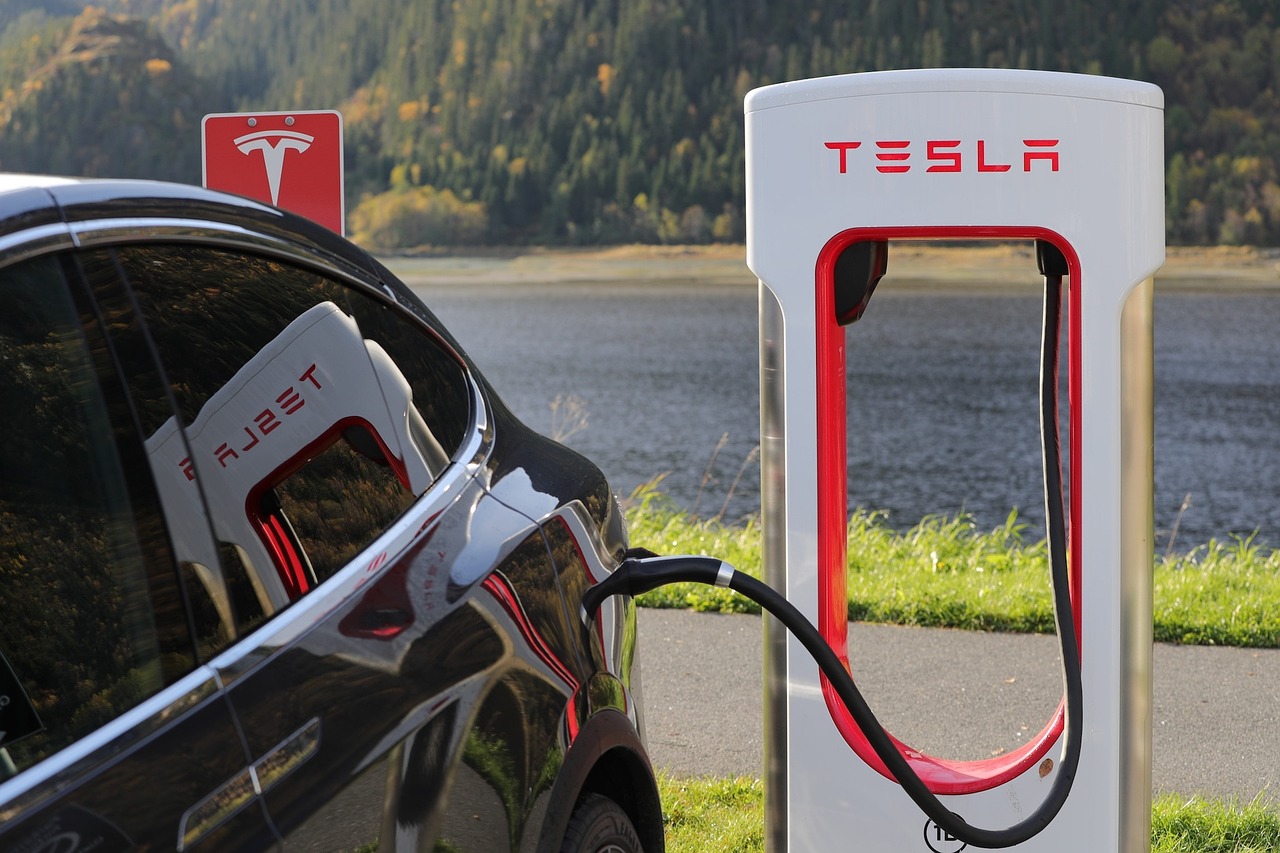Electric Cars: A Bold Promise or a Passing Fad? The Real Story Behind the Hype


The electric vehicle (EV) market in the United States is evolving rapidly, driven by technological advancements, changing consumer preferences, and supportive government policies. As more automakers shift towards electrification, the landscape of American transportation is set to transform significantly in the coming years. This article explores key trends shaping the future of EVs in America and offers predictions on what we can expect in the near future.
Growing Adoption of Electric Vehicles
One of the most notable trends is the increasing adoption of electric vehicles among American consumers. As of 2024, EV sales have been growing steadily, with more models becoming available across different price ranges. This growth is driven by a combination of factors, including greater environmental awareness, rising fuel prices, and improved charging infrastructure.
Government incentives, such as federal tax credits and state-level rebates, have also played a crucial role in boosting EV adoption. Furthermore, major automakers are expanding their electric lineups, offering more options that cater to a wide array of consumers, from compact cars to luxury SUVs. As a result, EVs are expected to make up a significant portion of new vehicle sales in the next decade.
Advancements in Battery Technology
Battery technology is at the heart of the electric vehicle revolution. Recent advancements in battery chemistry and manufacturing processes are making EVs more affordable and efficient. The development of solid-state batteries, which offer higher energy density and faster charging times, is particularly promising. These batteries are expected to hit the market in the next few years, potentially revolutionizing the EV industry.
Moreover, the cost of lithium-ion batteries has decreased significantly over the past decade, and this trend is likely to continue. Lower battery costs will help reduce the overall price of EVs, making them more accessible to a broader audience. Enhanced battery performance will also lead to longer driving ranges, addressing one of the main concerns of potential EV buyers.
Expansion of Charging Infrastructure
A robust charging infrastructure is essential for the widespread adoption of electric vehicles. Currently, the U.S. is rapidly expanding its network of public charging stations, with both private companies and government entities investing heavily in this area. The Biden administration has set ambitious targets for building a national network of 500,000 charging stations by 2030, aiming to make charging as convenient and accessible as refueling a gasoline car.
Additionally, advancements in charging technology, such as ultra-fast chargers that can deliver 80% battery capacity in under 20 minutes, are improving the overall EV ownership experience. Home charging solutions are also becoming more sophisticated, with smart chargers that can optimize charging times based on electricity rates, further enhancing the appeal of electric vehicles.
Impact on the Automotive Industry
The shift towards electric vehicles is having a profound impact on the automotive industry. Traditional automakers are rethinking their strategies, investing billions in EV development, and setting aggressive targets for electrification. Companies like General Motors, Ford, and Tesla are leading the charge, with plans to offer fully electric lineups in the near future.
This transition is also creating new opportunities in the job market, particularly in sectors related to EV manufacturing, battery production, and charging infrastructure. However, it also presents challenges, such as the need to reskill workers and adapt existing supply chains to accommodate electric vehicles.
Predictions for the Future
Looking ahead, the future of electric vehicles in America appears bright. By 2030, it’s expected that EVs could make up a significant percentage of new car sales, driven by advancements in technology, declining costs, and increased consumer awareness. Autonomous driving features, integrated with electric vehicles, may further revolutionize the way we travel, making transportation safer and more efficient.
Additionally, as renewable energy sources become more prevalent, the environmental benefits of electric vehicles will be even greater, contributing to the overall reduction of greenhouse gas emissions. The future of transportation in America is electric, and the journey is just beginning.